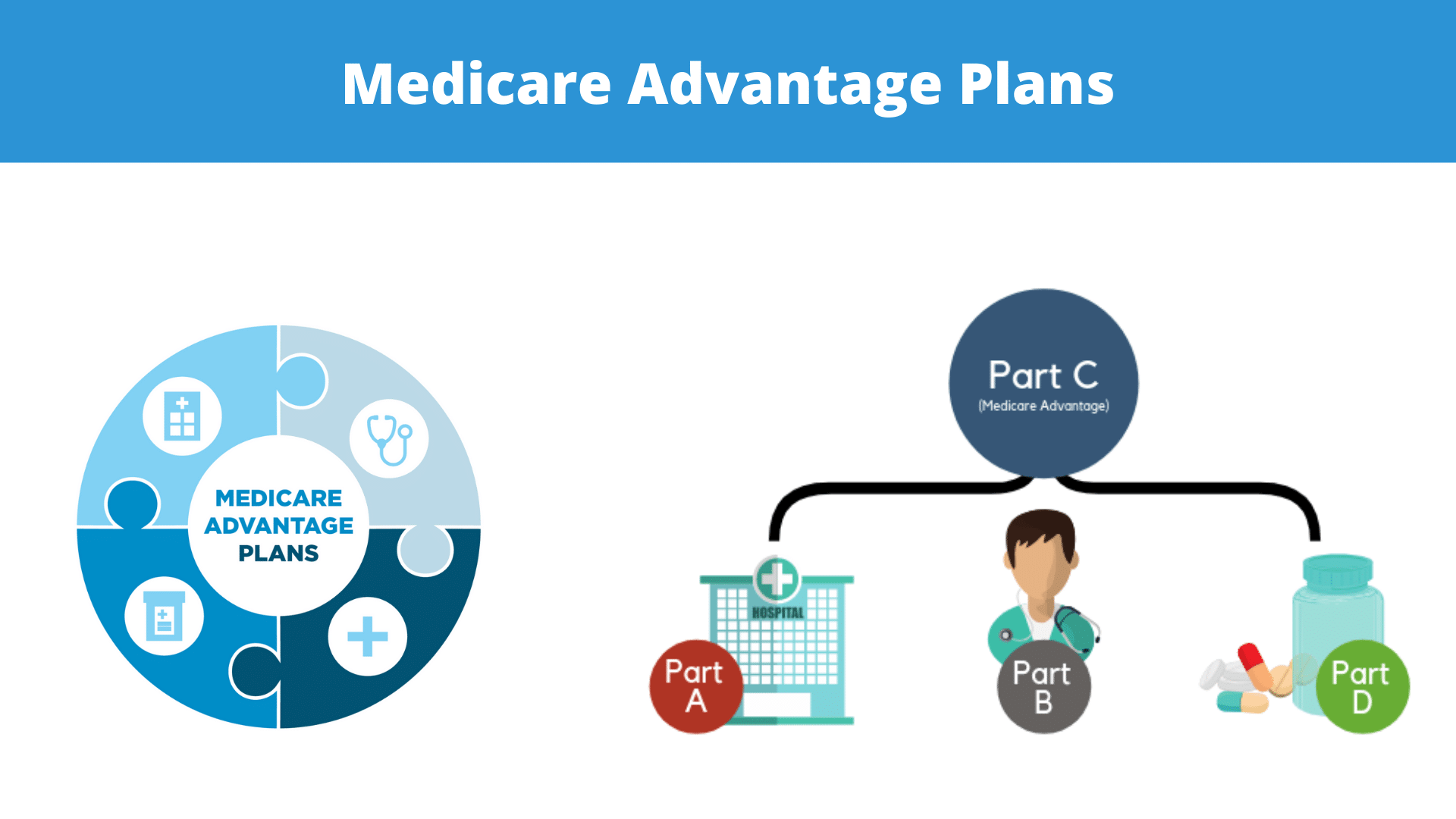Limited Provider Networks
One of the biggest disadvantages of Medicare Advantage plans is their limited provider networks. Unlike Original Medicare, which allows you to visit any doctor or hospital that accepts Medicare, Medicare Advantage plans typically have a specific network of healthcare providers that you must use to receive full coverage. If you go outside the plan’s network, you may face higher out-of-pocket costs or have your care denied altogether.
This limited choice can be particularly problematic for those with chronic conditions or those who require specialized care. If your preferred doctor or hospital is not part of the plan’s network, you may have to switch providers, which can disrupt continuity of care and potentially lead to worse health outcomes.
Increased Out-of-Pocket Costs for Complex Medical Needs
While Medicare Advantage plans may offer low or even $0 monthly premiums, they often come with higher out-of-pocket costs, such as deductibles, copays, and coinsurance. These costs can quickly add up, especially if you require frequent doctor visits, expensive treatments, or hospitalization.
Original Medicare, on the other hand, has a more straightforward cost structure. Once you’ve paid your deductibles, Medicare covers a significant portion of your healthcare costs, with the option to purchase a supplemental Medigap policy to cover remaining out-of-pocket expenses.
For those with complex medical needs or chronic conditions, the out-of-pocket costs associated with a Medicare Advantage plan can be significantly higher than what you would pay with Original Medicare and a Medigap policy.
Denial of Coverage for Certain Services
Another potential drawback of Medicare Advantage plans is the denial of coverage for certain services deemed “not medically necessary” by the plan’s criteria. While Original Medicare covers a broad range of medically necessary services, Medicare Advantage plans may have stricter guidelines and deny coverage for treatments or procedures that they deem unnecessary or experimental.
This can be particularly concerning for those with rare or complex conditions, as they may be denied coverage for treatments that could be potentially life-saving or improve their quality of life.
Switching Back to Original Medicare Can Be Challenging
If you decide that a Medicare Advantage plan is not meeting your needs, switching back to Original Medicare can be challenging, especially if you’ve been enrolled in the plan for more than a year. During your first 12 months in a Medicare Advantage plan, you have a guaranteed issue right to purchase a Medigap policy without undergoing medical underwriting. However, after this initial period, you may face higher premiums or be denied coverage altogether due to pre-existing conditions.
Conclusion
While Medicare Advantage plans can be an attractive option for those seeking additional benefits and low premiums, it’s crucial to carefully consider the potential drawbacks, especially if you have complex medical needs or require specialized care. The restricted choice of providers and the potential for higher out-of-pocket costs can outweigh the perceived benefits for some individuals. Thoroughly researching and comparing plans, copays, out-of-pocket costs, and eligible providers is essential before making a decision.
Top 3 Disadvantages of Medicare Advantage Plans
FAQ
Why do people say not to get a Medicare Advantage plan?
Why people are leaving Medicare Advantage plans?
Are there any disadvantages to a Medicare Advantage plan?
Can I drop my Medicare Advantage plan and go back to original Medicare?

